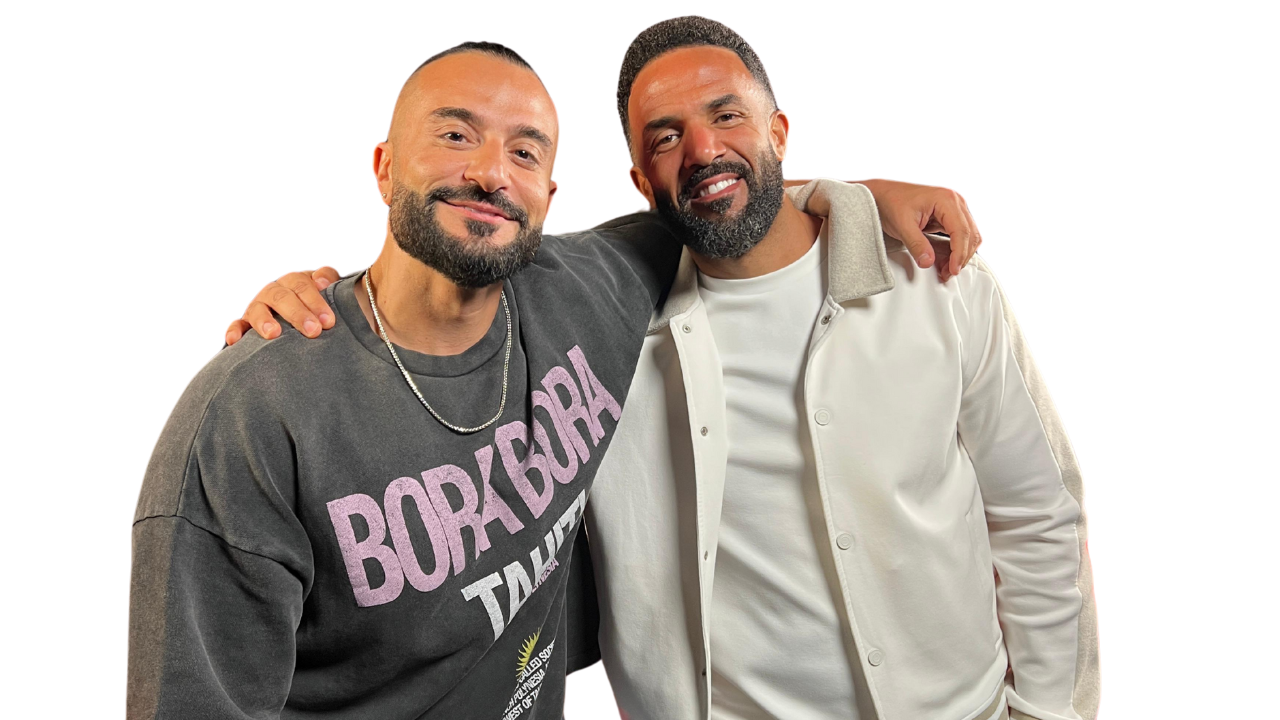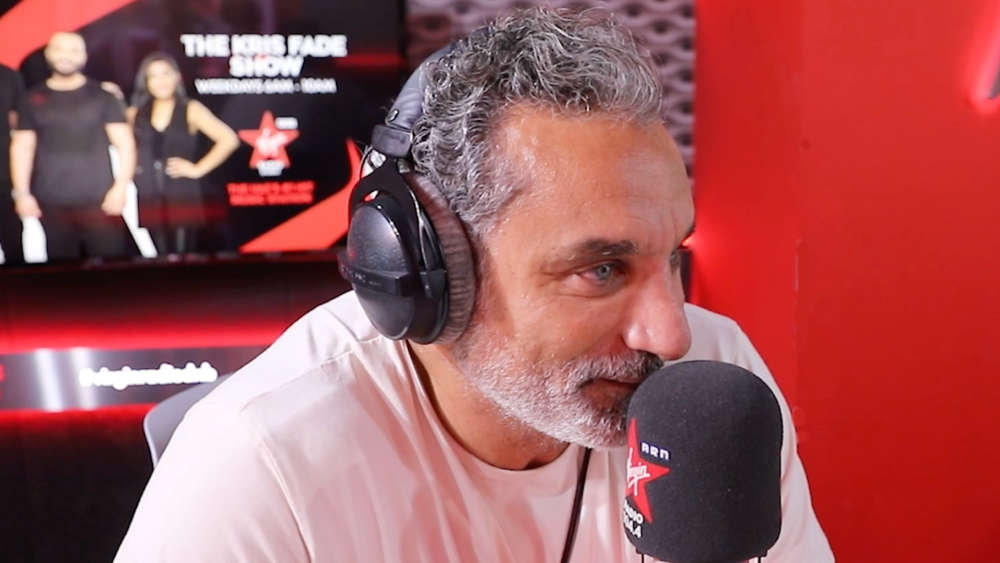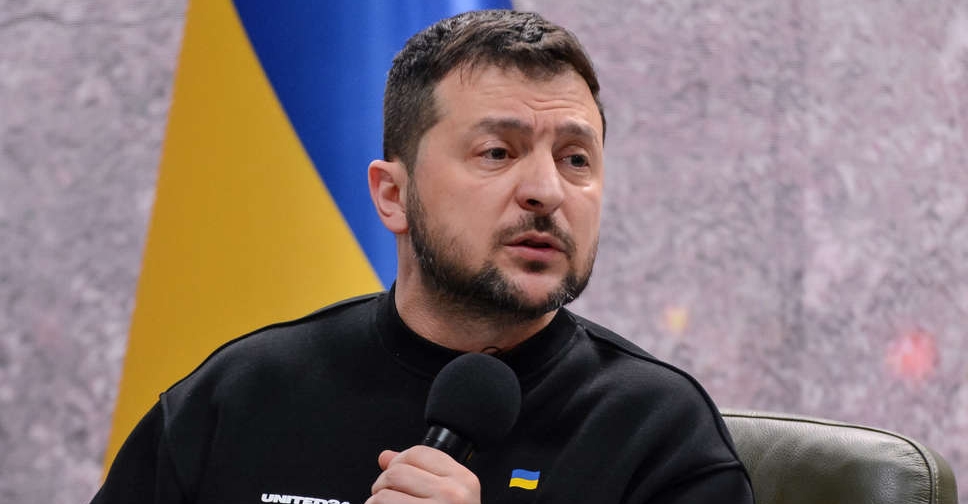
European Union leaders agreed on Thursday to meet Ukraine's "pressing financial needs" for the next two years but stopped short of endorsing a plan to use frozen Russian assets to fund a giant loan to Kyiv due to concerns raised by Belgium.
Belgium's stance was crucial as a Belgian financial institution, Euroclear, holds the assets that would be used to fund a loan of 140 billion euros ($597 billion) to bolster Ukraine in its fight against Russia's invasion.
Many EU governments had hoped the leaders, meeting at a summit in Brussels, would give their blessing to the concept and ask the European Commission, the EU's executive body, to come up with a formal legal proposal in the coming weeks.
But a text backed by all the leaders - except Hungary's Russia-friendly Prime Minister Viktor Orban - was watered down from previous drafts to ask the Commission for "options for financial support based on an assessment of Ukraine's financing needs".
"Russia's assets should remain immobilised until Russia ceases its war of aggression against Ukraine and compensates it for the damage caused by its war," the declaration added. The aim is now for EU leaders to reach a deal in December.
"This is a topic that is certainly not trivial. It's very complex," European Commission President Ursula von der Leyen told reporters after the summit. "It was also very clear that there are points to be clarified."
ZELENSKYY URGED EU TO REACH A DEAL QUICKLY
Earlier, Ukrainian President Volodymyr Zelenskyy, a guest at the summit, urged the EU to approve the loan proposal quickly.
"Anyone who delays the decision on the full use of frozen Russian assets is not only limiting our defence, but also slowing down the EU's own progress," he told the leaders, saying Kyiv would use a significant part of the funds to buy European weapons.
The money could also be used right away to strengthen Ukraine's air defence, air fleet and frontline positions, he said, adding, "That means saving lives."
BELGIUM WANTS CLEAR GUARANTEES
But Belgian Prime Minister Bart De Wever sounded a strong cautionary note, saying he could only support the plan if he had strong assurances that it was legal and that other EU countries would share the risks involved.
"If demands are met, we can go forward. If not, I will do everything in my power at the European level, also at the national level, politically and legally to stop this decision," De Wever told reporters on arrival at the summit.
De Wever called on all EU members to share the costs of any legal action pursued by Russia and contribute financially if the money ever had to be paid back. He also said Russian frozen assets held by other countries should be part of the scheme.
As the summit wrapped up, De Wever insisted the legality of the "reparation loan" plan was not clear and still needed to be resolved. The biggest problem is to guarantee that the money could be paid back if something goes wrong, he said.
EU CHIEFS ARE STILL HOPEFUL A DEAL IS FEASIBLE
But von der Leyen and European Council President Antonio Costa, the summit chairperson, insisted the discussion had shown that the reparation loan plan could work.
"It is possible to solve all the technical issues. That means that this solution is feasible," the chairman of EU leaders Antonio Costa told a press conference.
Russia has described the idea as an illegal seizure of property and warned of retaliation.



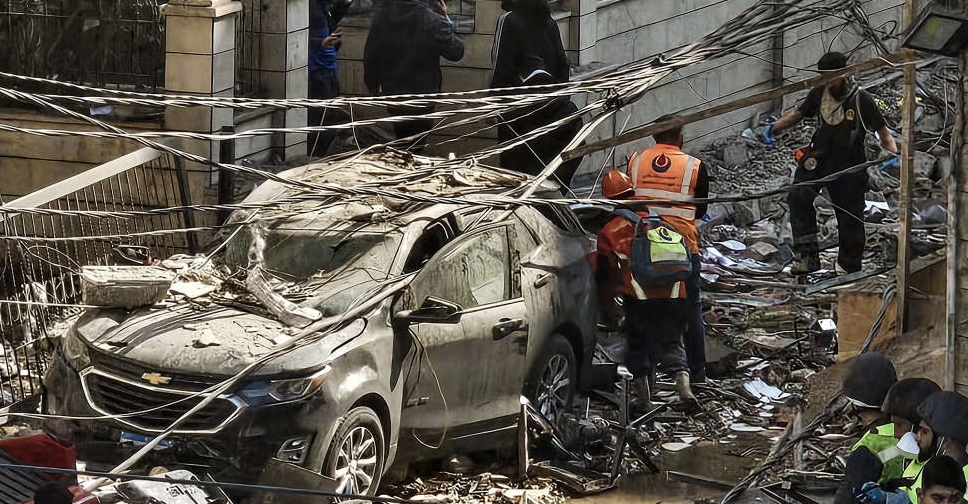 At least four killed in Israeli strike on building in Lebanon's Baalbek
At least four killed in Israeli strike on building in Lebanon's Baalbek
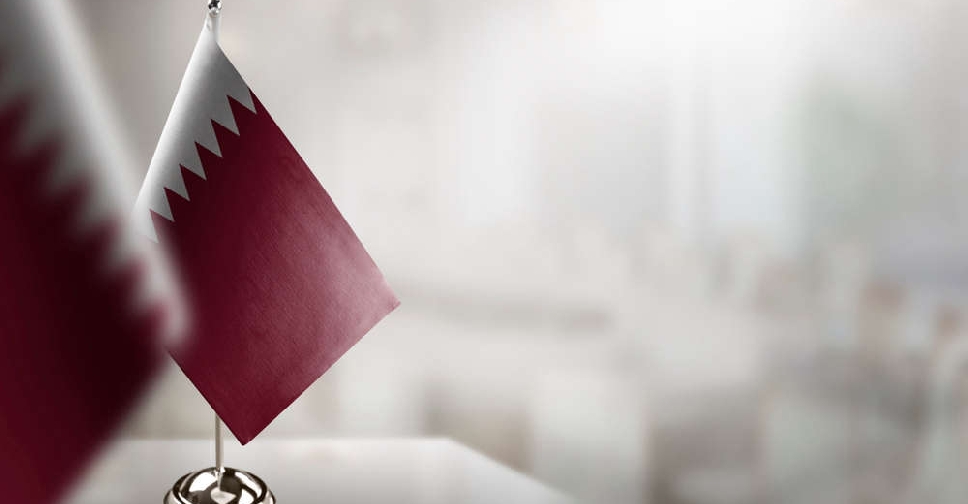 Qatar busts two cells linked to Iran’s Revolutionary Guard
Qatar busts two cells linked to Iran’s Revolutionary Guard
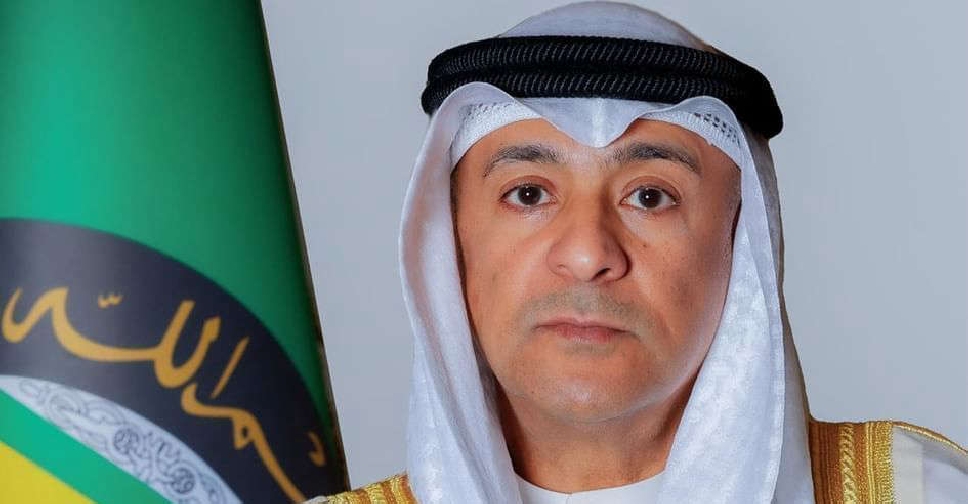 GCC condemns Iranian attack on Port of Fujairah
GCC condemns Iranian attack on Port of Fujairah
 Jordanian airspace reopens after 'comprehensive review'
Jordanian airspace reopens after 'comprehensive review'
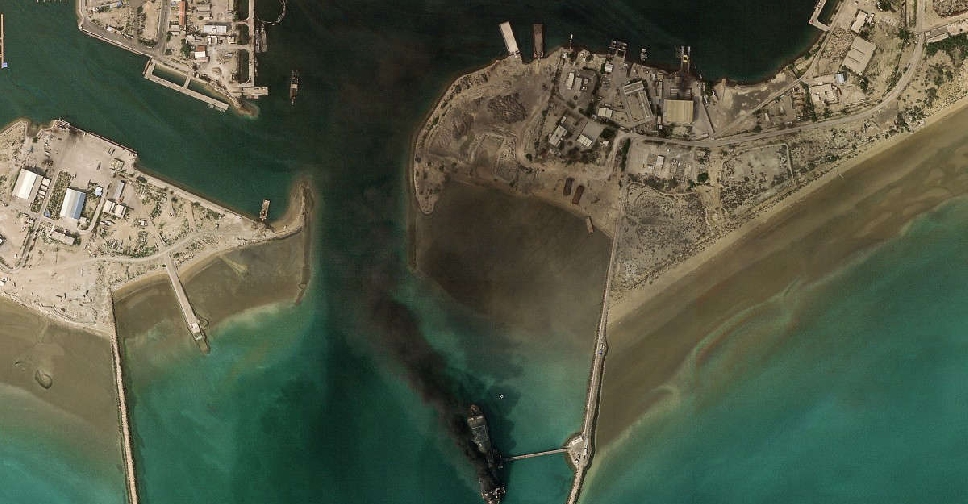 Iran vows to attack any ship trying to pass through Strait of Hormuz
Iran vows to attack any ship trying to pass through Strait of Hormuz

